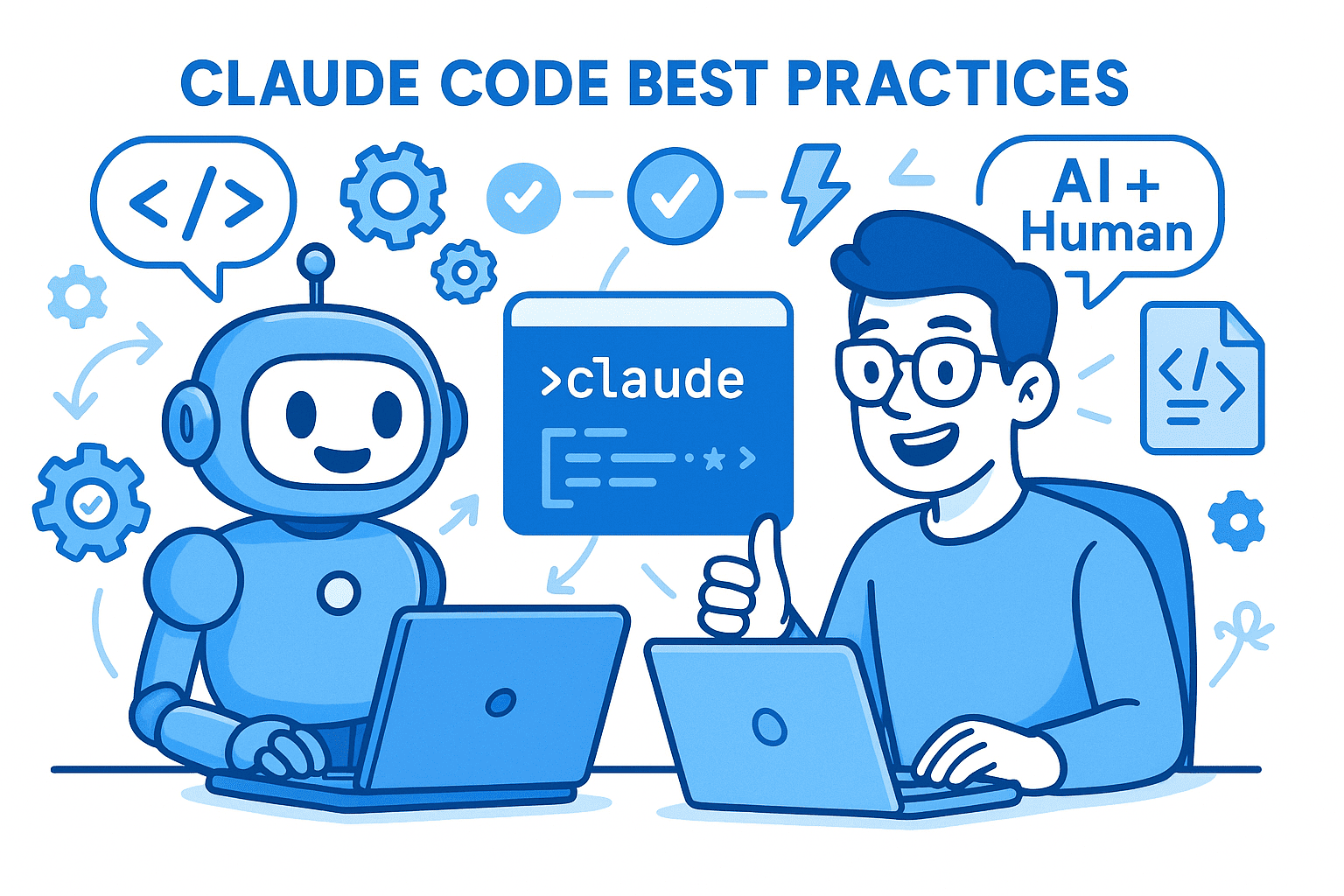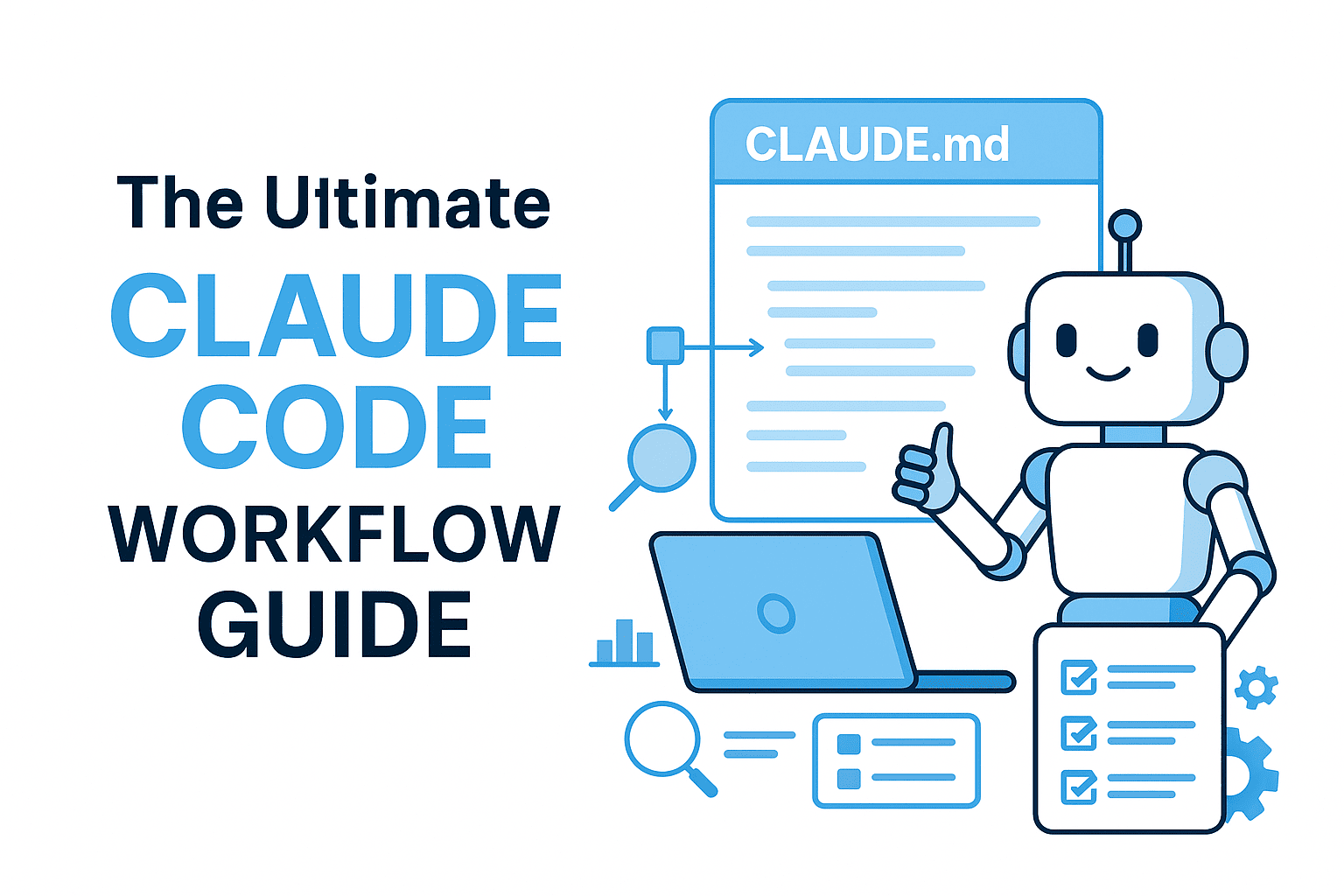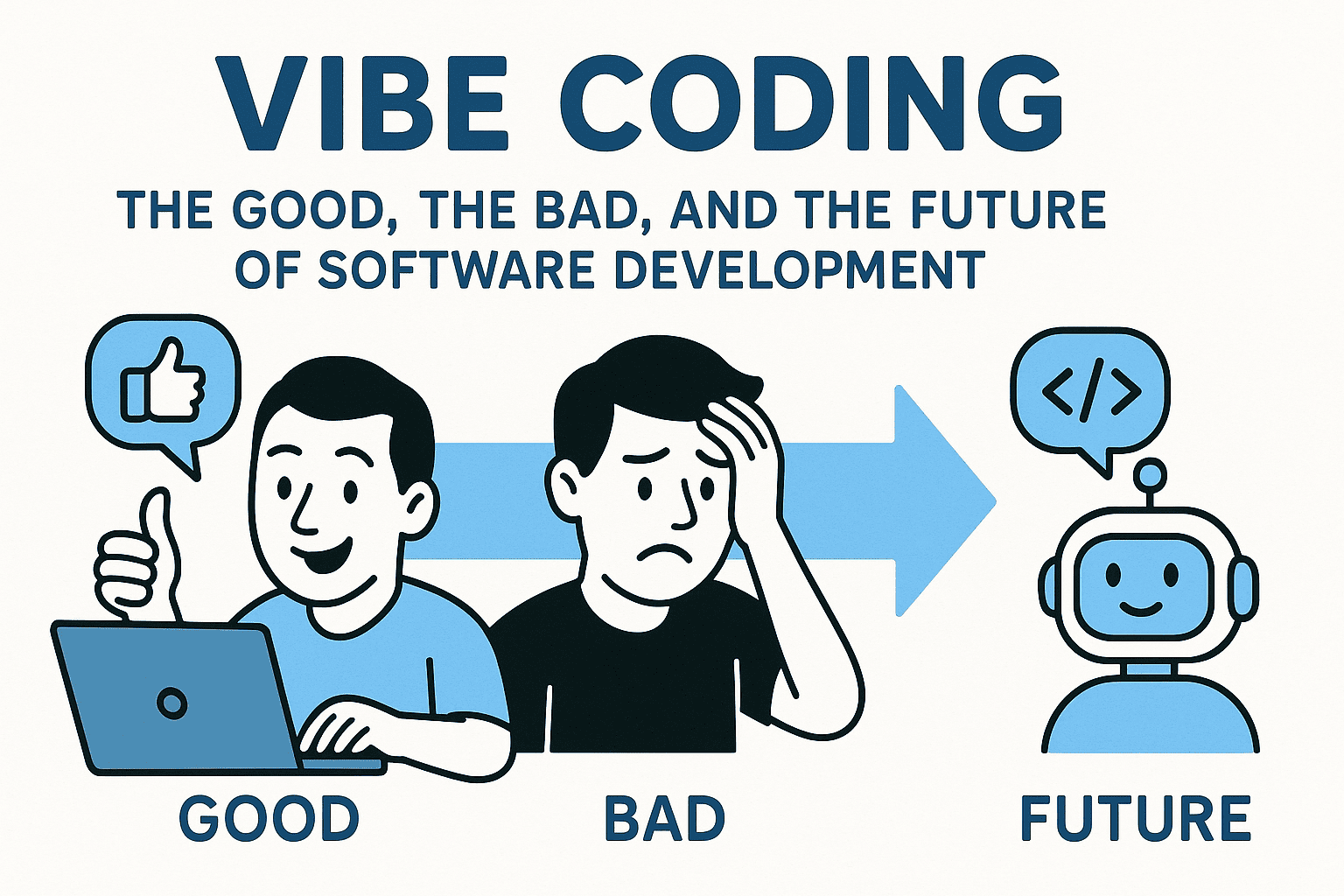Imagine cutting your development time in half while improving code quality. That’s the promise of Claude Code, Anthropic’s terminal-native AI coding assistant that’s redefining how developers build software.
Unlike traditional AI tools locked in chat windows or clunky GUIs, Claude Code lives directly in your command line. It’s built for serious developers who want speed, context awareness, and deep integration with existing workflows.
But here’s the truth: most developers aren’t unlocking Claude Code’s full potential.
If you’re ready to stop context-switching, ship features faster, and code with an AI partner that understands your entire project, this guide will teach you everything you need to know about using Claude Code the right way.
What is Claude Code? Why It’s a Game-Changer
Claude Code isn’t “just another AI chatbot.” It’s an agentic AI development tool that edits files, commits changes, navigates codebases, and automates repetitive tasks—all while respecting your workflow.
Think of it as an AI-powered pair programmer that never tires and always understands your project.
Core Advantages of Claude Code
- Terminal-native: No context switching. Stay in your CLI.
- Direct action: Edit files, run commands, and create commits automatically.
- Context-aware: Works across your entire codebase, not just single snippets.
- Composable: Integrates with Git, CI/CD pipelines, and dev tools.
- Enterprise-ready: Security, privacy, and collaboration built in.
Why Developers Prefer Claude Code 1. Speed: Ship features from plain English requirements. 2. Intelligence: Debug complex issues and assist with architectural choices. 3. Integration: Native support for GitHub, Git, and CI/CD workflows. 4. Flexibility: Works for bug fixes, performance tuning, and full-scale features.
Getting Started with Claude Code
Prerequisites
- Node.js 18+ → node --version
- Claude.ai or Anthropic Console account
- Git for version control
Installation
Option 1 – NPM (Recommended):
npm install -g @anthropic-ai/claude-code
Option 2 – Native Installers
Available for macOS, Linux, and Windows from Anthropic docs.
Authenticate
claude
# or
claude /login
First-Time Setup
- Navigate to your project directory
- Run claude for an interactive session
- Start with:
"What does this project do?"
Best Practices for Productivity
1. Provide Rich Context
❌ Wrong: "Fix the login bug" ✅ Right:
"I'm getting 401 errors in our React app login flow. Even with valid credentials, authentication fails. Investigate @src/components/LoginForm.tsx and @src/utils/auth.ts"
Why: Claude Code thrives on context-rich problem statements.
2. Use Progressive Refinement
Break tasks into steps:
- Step 1 – Broad: "Analyze our API architecture for scalability issues"
- Step 2 – Narrow: "Focus on N+1 query problems in the user service"
- Step 3 – Implement: "Optimize getUserPosts with eager loading"
3. Reference Files & Directories
Use @ for precision:
"Review @src/components/LoginForm.tsx and @src/utils/auth.ts for security issues"
Compare cross-files:
"Compare @frontend/auth.js and @backend/middleware/auth.js for consistency"
Advanced Workflows with Claude Code
Extended Thinking Mode
For deep analysis, use prompts like “think more” or “keep thinking.”
Example – Architecture Decisions
"Choose between GraphQL vs REST for our new API. Think through pros/cons considering scalability, team size, and maintenance."
Example – Debugging
"We’re seeing memory leaks. Analyze closures, event listeners, and library usage across the codebase."
Image Analysis
- UI Build: Attach mockups → "Implement this Figma design in React + Tailwind"
- Bug Debugging: Paste screenshots → "What’s causing this layout issue?"
- System Design: "Review this architecture diagram and suggest scalability improvements"
Resuming Work
- Continue last session → claude --continue
- Resume from past → claude --resume
Configuration & Customization
Settings Hierarchy
- Enterprise policies
- User settings → ~/.claude/settings.json
- Project shared → .claude/settings.json
- Local project → .claude/settings.local.json
Commands
claude config list
claude config get model
claude config set model claude-3-sonnet
Env Variables
export ANTHROPIC_API_KEY="your-key"
export CLAUDE_CODE_MAX_OUTPUT_TOKENS=8192
export DISABLE_TELEMETRY=true
Subagents Example
"subagents": {
"security-reviewer": {
"tools": ["grep","read","analyze"]
},
"performance-optimizer": {
"tools": ["profile","benchmark","refactor"]
}
}
Safe Exploration: Plan Mode
claude --permission-mode plan
- Perfect for onboarding, reviews, and architecture planning
- Read-only, no accidental file changes
Common Mistakes to Avoid
- ❌ Vague prompts → ✅ Be specific with errors and context
- ❌ Ignoring project structure → ✅ Ask Claude to explain first
- ❌ No Git integration → ✅ Let Claude create commits
- ❌ Overloading tasks → ✅ Break work into actionable steps
Real-World Use Cases
- Bug Fixing → Debug React component errors with defensive programming
- Feature Development → Build full-stack features from requirements
- Performance Tuning → Optimize React dashboards for mobile load times
- Refactoring Legacy Code → Migrate jQuery to modern React
Team & Workflow Integration
- Git Integration: Claude commits with clean messages
- CI/CD Pipelines: Works with GitHub Actions
- Team Collaboration: Shared configs ensure consistent style, testing, and commit conventions
Security & Privacy Best Practices
- Exclude sensitive files via exclude_patterns
- Enterprise accounts for audit logs & access controls
- Secure API key management
Example exclude:
"exclude_patterns": ["*.env*", "secrets/", "node_modules/"]
Measuring Success with Claude Code
- Faster development: 40–60% faster prototyping
- Quicker bug fixes: 50–70% reduction
- Better code quality: Fewer vulnerabilities, improved coverage
- Team benefits: Faster onboarding & consistent coding standards
The Future of AI-Powered Development
Claude Code signals a shift toward:
- AI-first workflows
- Autonomous refactoring
- AI-driven test generation
- Democratized expert-level programming
Troubleshooting Quick Fixes
- Slow responses? Check internet, trim context, or upgrade tier.
- Context confusion? Use .claude/settings.json and start with project overview.
- Git issues? Verify repo permissions and SSH keys.
Conclusion: Master Claude Code in 2025
Claude Code isn’t just a tool—it’s a new development paradigm. Developers who adopt best practices today will lead in the AI-powered future of coding.
Action Plan:
- Install and authenticate Claude Code
- Start small, build confidence
- Scale into advanced workflows
- Track productivity KPIs
- Share workflows with your team
The future of development is AI + human collaboration—and Claude Code is your gateway.
🤝 Need a Custom RSVP System or Dashboard?
I help businesses build tools that actually work , even on tight deadlines.
Whether you're planning an event, need internal tools, or want a custom dashboard for your team , I can help.
Reach out
📧 Email: safi.abdulkader@gmail.com | 💻 LinkedIn: @abdulkader-safi | 📱 Instagram: @abdulkader.safi | 🏢 DSRPT
Drop me a line, I’m always happy to collaborate! 🚀




